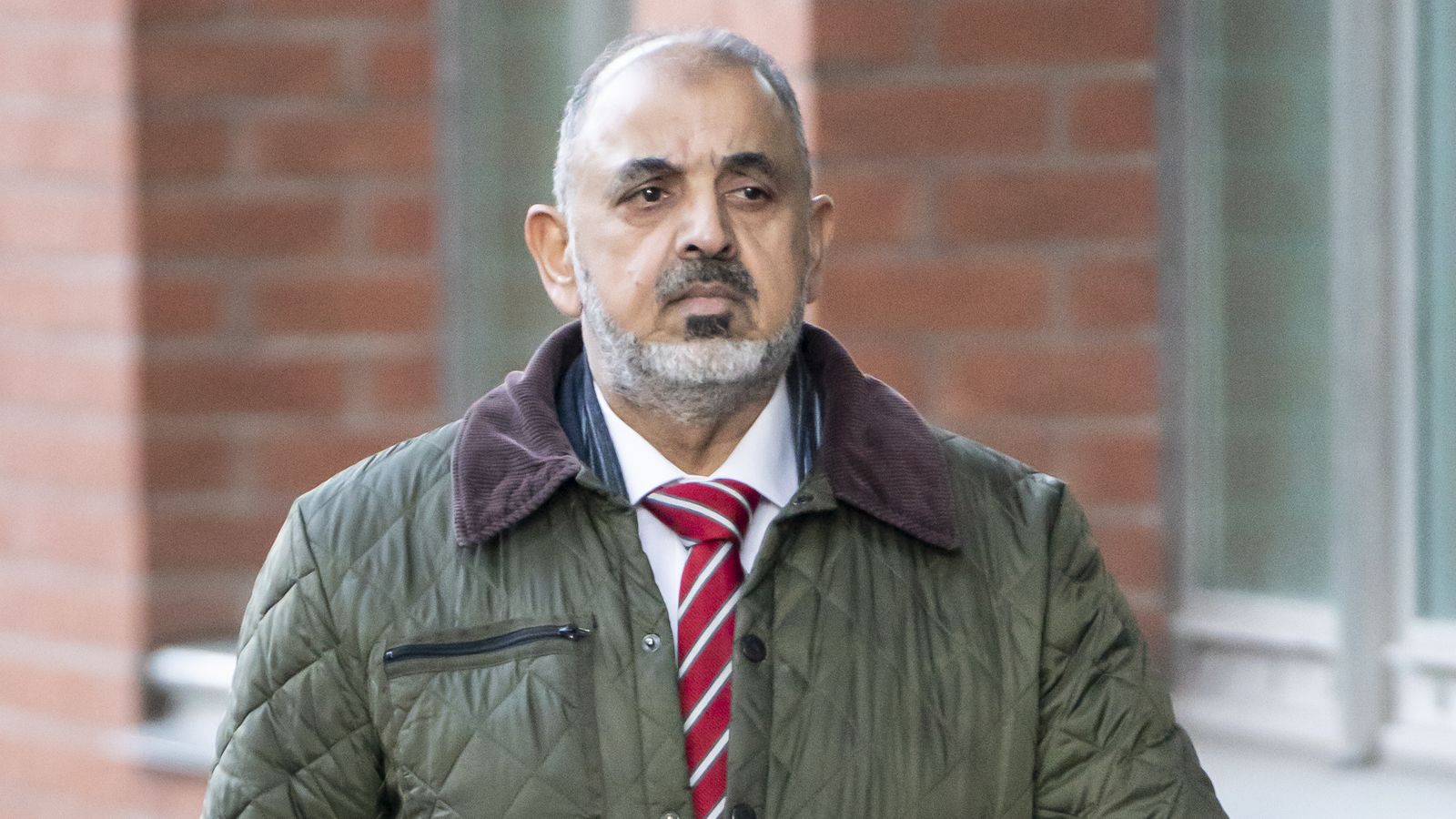A 64-year-old former Labour peer has been found guilty of attempting to rape a young girl and sexually assaulting a boy under 11 in the early 1970s.
A woman told Sheffield Crown Court that Nazir Ahmed, formerly Lord Ahmed of Rotherham, attacked her when he was 16 or 17 but she was much younger.
He also assaulted a boy during the same period, and was found guilty of two counts of attempted rape and one of buggery.
After the woman went to the police in 2016, she spoke to the male victim on the phone.
The jury heard a recording of their conversation, which happened after the man emailed to say he had “evidence against that paedophile”.
Ahmed was charged along with his two older brothers, Mohammed Farouq, 71, and Mohammed Tariq, 65, but both were deemed unfit to stand trial.
Farouq and Tariq faced charges of indecent assault in relation to the same boy Ahmed abused, and the jury found they did indeed commit those acts alleged.
Edward Colston statue: Black Lives Matter protesters found not guilty of criminal damage after toppling monument of slave trader
COVID news latest: Boris Johnson extends Plan B restrictions as new end date revealed
Welcome to our live Q&A on COVID, new test rules or Omicron wave now
An earlier trial was stopped in March because of problems over the disclosure of evidence.
Judge Jeremy Richardson QC noted that some of the then alleged incidents happened in the late 1960s, and took the unusual step of ordering a permanent stay on proceedings.
But the Crown Prosecution Service (CPS) appealed and the decision was overturned by the Court of Appeal in June, paving the way for the new trial.
Ahmed resigned from the House of Lords in November 2020 after reading the contents of a conduct committee report which found he sexually assaulted a vulnerable woman who sought his help.
It meant he was the first peer to be recommended for expulsion but he resigned before it could be implemented.
“By these verdicts the jury has clearly decided that no matter the delay between the offences and the trial, and the defences raised, they could be sure that the accounts of the victims were credible and true,” said Rosemary Ainslie, head of the CPS’s special crime division.
“One of these defendants held a position of power, influence and responsibility for some time in the House of Lords but this case clearly illustrates that where there is sufficient evidence, even in challenging cases, the CPS will bring a prosecution, put evidence before a jury and see rightful convictions.”






















